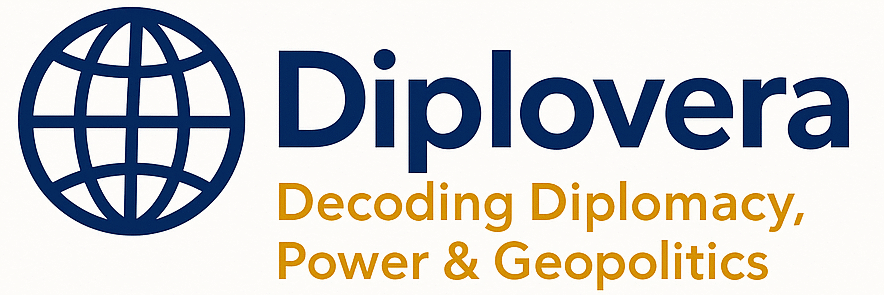Epstein Files Expose: Why Trump Is Desperately Deflecting—and What He’s Hiding

In a deeply disturbing turn of events, the long-buried Jeffrey Epstein files are once again dominating U.S. political headlines—this time with USA President Donald Trump at the center of the storm. While Epstein’s death in 2019 was officially ruled a suicide, the unanswered questions surrounding his expansive sex trafficking network, high-profile connections, and sealed records have fueled public mistrust and calls for transparency.
In recent days, new pressure is mounting to unseal Epstein’s remaining files—documents believed to contain the names of elite individuals with alleged ties to his criminal enterprise. But instead of cooperation, current U.S. President Donald Trump is lashing out. When pressed about his historic connections to Epstein, Trump has deflected attention by reigniting political attacks on former President Barack Obama and Hillary Clinton. In a calculated move, he has publicly accused them of corruption, foreign entanglements, and even being complicit in a so-called “deep state” operation—without offering evidence.
This article unpacks the tangled web of Epstein’s crimes, Trump’s long-running personal and business relationship with him, and why Trump may be desperately trying to control the narrative. We also examine the legal proceedings, what the sealed Epstein files might contain, the broader involvement of American elites—including both Democratic and Republican figures—and why the current administration’s aggressive deflection is triggering alarm across the justice and intelligence community.
This isn’t just another political blame game. This is a fight over secrets, power, and potentially explosive truths hidden inside the most sinister scandal of the 21st century.
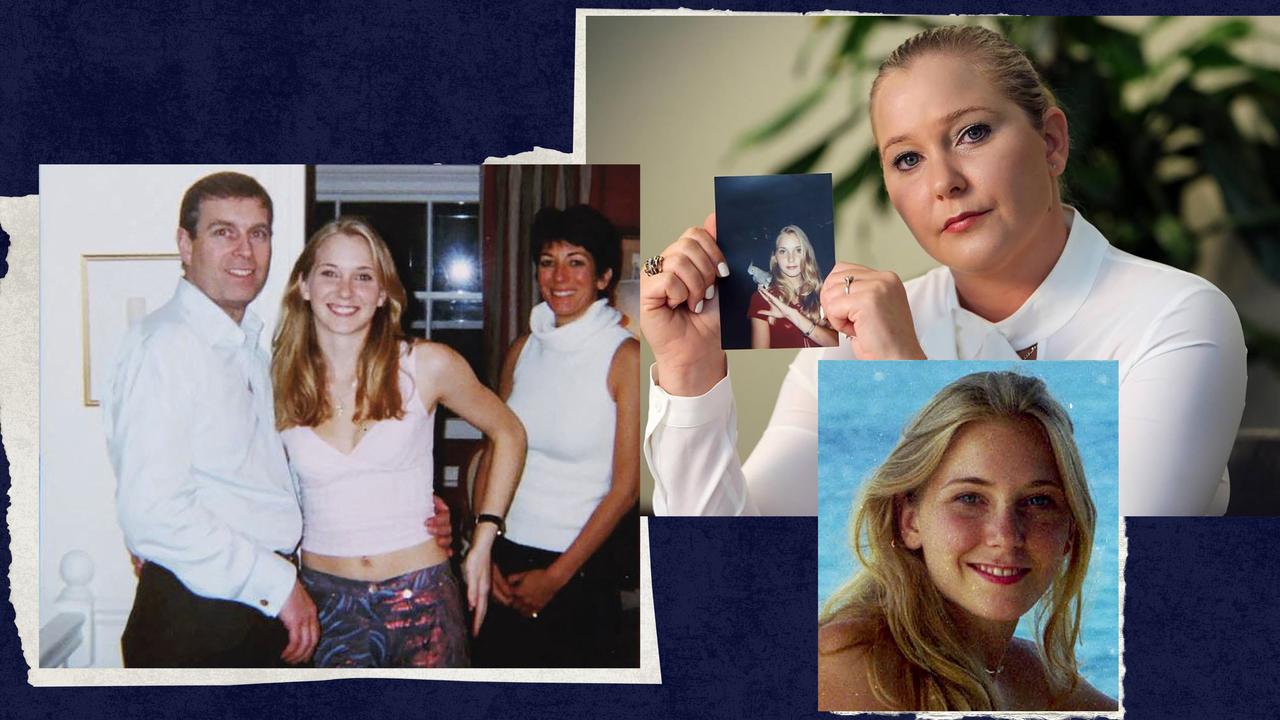
Epstein’s Crimes, Network, and Why This Case Never Died
Jeffrey Epstein wasn’t just another disgraced billionaire. He was the orchestrator of one of the most sinister sex trafficking rings in modern American history—one that operated in plain sight, targeting underage girls while enjoying the protection of some of the world’s most powerful men.
Epstein, a financier with murky sources of wealth, built his empire not on Wall Street success, but on blackmail, manipulation, and exploitation. Between the early 2000s and 2019, Epstein allegedly trafficked dozens—possibly hundreds—of girls, many as young as 14, across state lines and international borders under the guise of “massage” appointments. His homes in New York, Florida, New Mexico, and his private island in the Virgin Islands became crime scenes that law enforcement was slow—and in some cases, reluctant—to fully investigate.
Key victims like Virginia Giuffre, Sarah Ransome, and others have come forward with gut-wrenching accounts of abuse, implicating elite figures from the worlds of politics, royalty, academia, and finance. Among those named in various testimonies and unsealed court records are Britain’s Prince Andrew, Harvard lawyer Alan Dershowitz, and associates with direct ties to the White House.
Epstein was first convicted in 2008 in a sweetheart deal brokered by then-U.S. Attorney Alexander Acosta—who later became Trump’s Labor Secretary. He served just 13 months in county jail under “work release.” His re-arrest in 2019 reignited the fire, but he died just weeks later in a federal detention cell in Manhattan. The death was ruled a suicide, but surveillance footage was mysteriously lost, guards were asleep, and questions about who stood to benefit from Epstein’s silence only grew louder.
Now, years later, calls to unseal all Epstein case files are intensifying. And as the legal and political landscape shifts under a new Trump presidency, the public is demanding answers—not distractions.

Trump’s Connections to Epstein—and Why He’s Deflecting Now
Despite his current efforts to distance himself, President Donald Trump’s connection to Jeffrey Epstein is both documented and undeniable. Their friendship spanned decades—long before Trump’s entry into politics. In fact, one of the most cited quotes in this scandal came from Trump himself in a 2002 New York Magazine interview, where he said:
“I’ve known Jeff for fifteen years. Terrific guy. He’s a lot of fun to be with. It is even said that he likes beautiful women as much as I do, and many of them are on the younger side.”
This comment, once brushed off as Trump-style bravado, has taken on a far darker tone with the revelations that followed.
📌 A History That Won’t Go Away
Photographs, party logs, and witness accounts place Trump and Epstein together at Mar-a-Lago, at private dinner parties, and on guest lists for exclusive social events in Palm Beach and Manhattan. Trump’s estate itself was where Epstein reportedly met Virginia Giuffre, one of his most outspoken accusers, who was working at Mar-a-Lago as a teen.
Court documents show that Trump and Epstein shared a social network that included models, politicians, real estate tycoons, and members of the entertainment elite. Though Trump later claimed he “kicked Epstein out of Mar-a-Lago,” records suggest their association continued into the early 2000s.
🚨 The Sudden Silence—and a Convenient Distraction
Since his return to office in 2025, Trump has aggressively shifted the national conversation. Faced with growing public and legal pressure to release remaining sealed Epstein files—files that could name names and outline direct involvement of powerful figures—Trump has instead revived old political attacks.
Rather than address questions about his past ties to Epstein or why certain documents remain classified under his administration, Trump has launched a fresh wave of unsubstantiated accusations against former President Barack Obama and former Secretary of State Hillary Clinton.
At a recent press conference, when asked about Epstein-related case transparency, Trump pivoted:
“The American people deserve to know what Obama did in Iran, what Hillary did in Libya. That’s the real scandal—not some billionaire who’s been dead for years.”
This wasn’t a slip—it was strategy.
By dragging familiar political rivals into the spotlight, Trump has reignited partisan warfare, hoping to bury legitimate questions about his own involvement. And with control over federal intelligence services and the Justice Department, he now has more tools than ever to suppress or delay the release of damaging evidence.
💡 Why the Timing Matters
The timing of this deflection is no coincidence. According to insider sources and leaked communications, a series of Epstein-related records—classified during previous administrations—were scheduled for declassification review this year. Trump’s Justice Department has not only delayed those reviews but reportedly added new “national security” exemptions.
In short: the President of the United States is using his office to stall justice and silence questions. Not because he’s protecting victims—but possibly because he’s protecting himself.
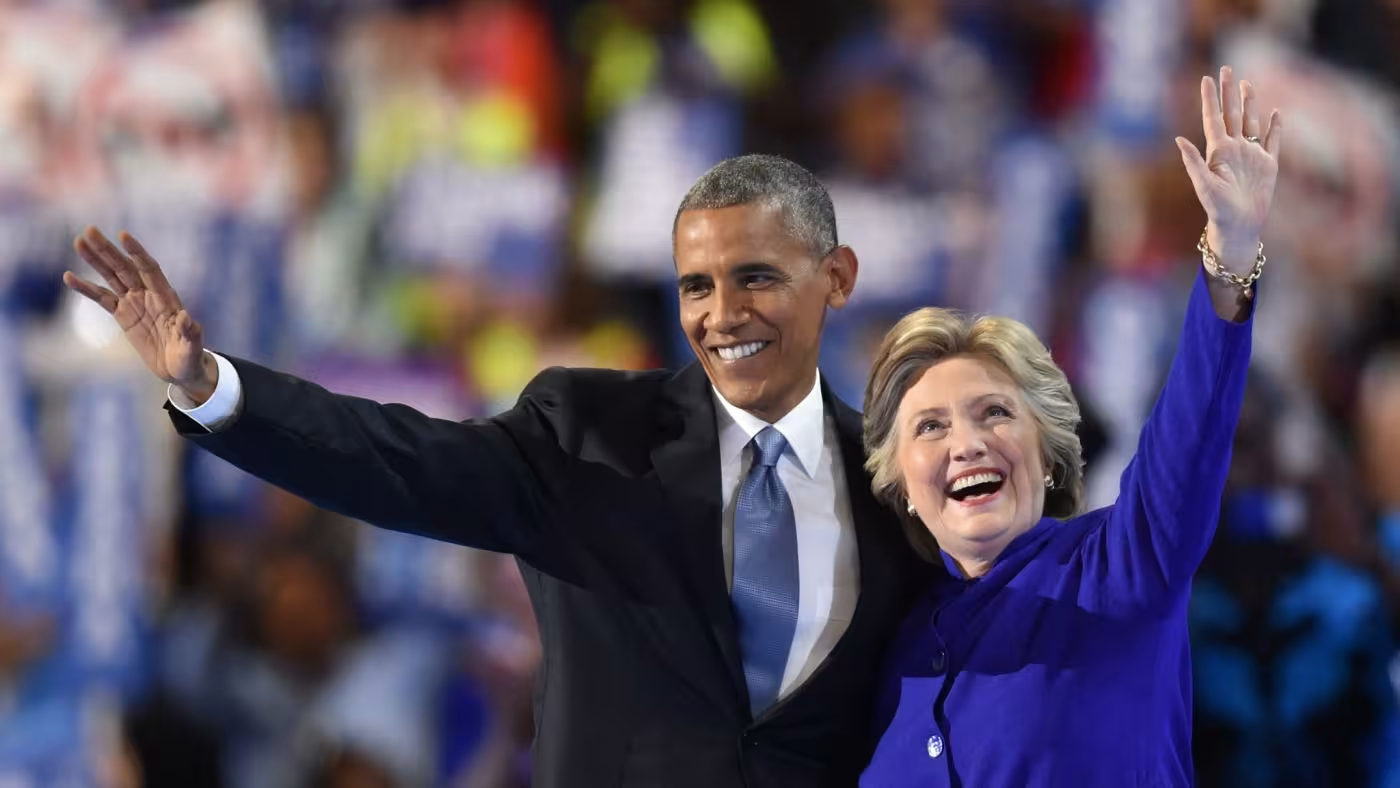
The Role of Obama, Clinton & the Political Blame Game
If President Trump’s strategy appears familiar, that’s because it is. When cornered, he doesn’t retreat—he redirects. But the targets this time are more than political adversaries; they are former heads of state. And the stakes are far higher.
🎯 Target: Obama
Trump’s recent speeches and Truth Social posts have aggressively accused former President Barack Obama of engaging in “deep state sabotage,” including claims that Obama obstructed investigations into Epstein’s network during his presidency (2009–2017). However, no credible evidence has surfaced to support these accusations.
In reality, it was during the Obama administration that the FBI began re-examining Epstein’s 2008 plea deal—which had long been criticized as excessively lenient. But the case saw little progress until 2019, under the Trump administration, when Epstein was rearrested.
Trump’s suggestion that Obama “protected Epstein” conveniently ignores the fact that the original plea deal was struck in 2008, during the George W. Bush presidency—by Alexander Acosta, who later became Trump’s own Labor Secretary. This reframing of history isn’t about facts. It’s about fueling division and shielding himself.
🎯 Target: Hillary Clinton
Trump’s attacks on Hillary Clinton have also intensified, echoing conspiracy theories popularized by QAnon and right-wing circles. He’s suggested, without evidence, that the Clinton Foundation had “mysterious” ties to Epstein’s finances and global connections.
While it is true that Bill Clinton flew on Epstein’s jet multiple times and was photographed with Epstein on rare occasions, no direct link between Hillary Clinton and Epstein’s criminal operations has ever been proven. In fact, Clinton’s team has repeatedly denied any knowledge of Epstein’s misconduct, and no charges have ever been brought against either Clinton in relation to the case.
But in Trump’s narrative, proof is optional. The goal is to paint a picture: “If I’m guilty, they’re guilty too—or worse.”
🏛️ Weaponizing Conspiracy
This political blame game has moved beyond campaign rhetoric—it’s now a governance strategy. In recent weeks, Trump’s allies in Congress have pushed for “investigations” into the Obama and Clinton eras, citing supposed “intelligence failures” tied to Epstein. Yet none of these proposals include measures to unseal the Epstein files under Trump’s current authority.
Instead of transparency, we’re witnessing misdirection. Instead of accountability, partisan warfare.
This isn’t just a battle over memory—it’s a coordinated effort to redefine history in real time.
⚠️ The Real Consequence
By keeping Americans trapped in an endless loop of partisan accusation, Trump’s administration is ensuring that the real story—how Epstein built his network, who protected him, and who participated in his crimes—remains just out of reach.
And in that silence, survivors are once again pushed aside.
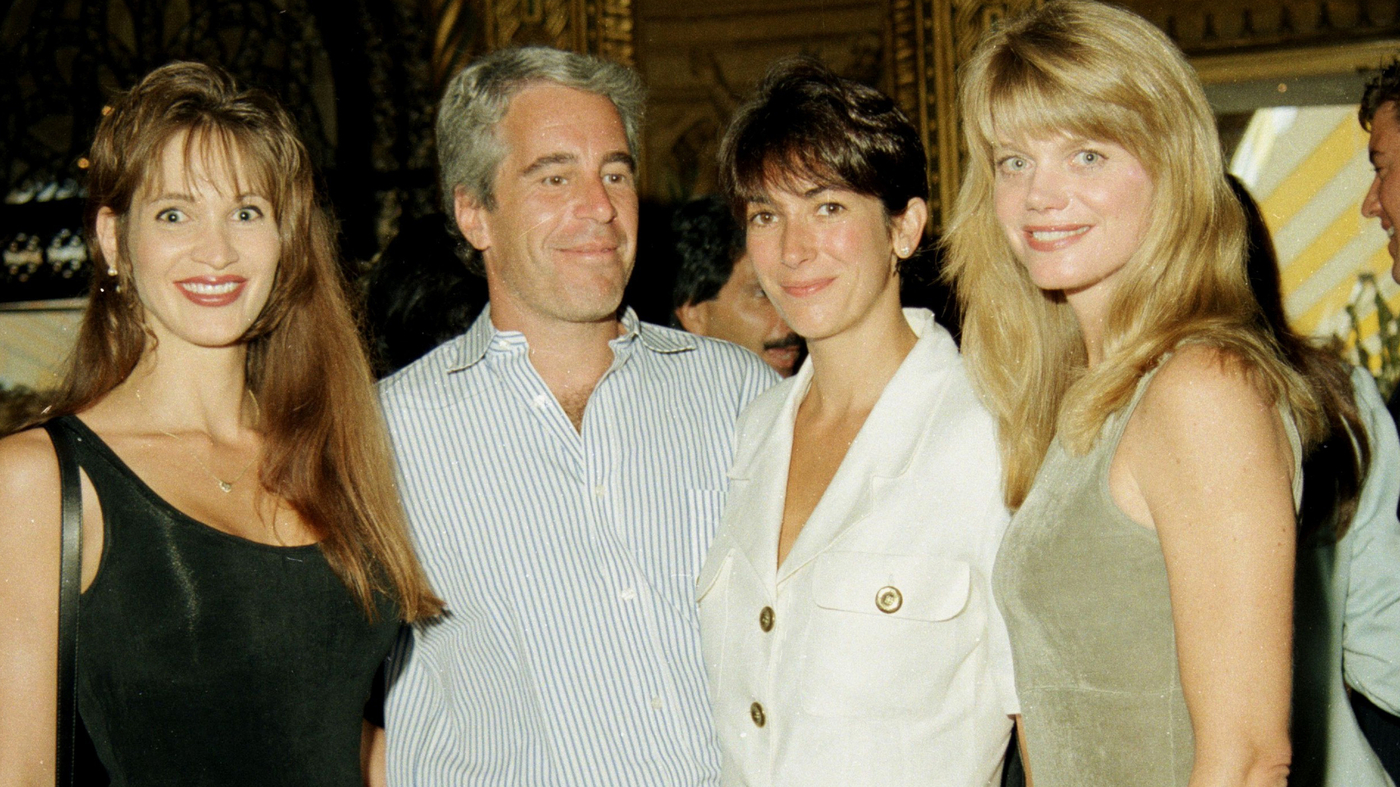
Why This Has Become the Most Trending Issue in the U.S?
The resurgence of the Epstein scandal isn’t just about gossip, nor is it a political distraction limited to Washington. It has ignited a firestorm across American society because it intersects with three powerful forces: trust in institutions, elite criminal immunity, and the public’s hunger for truth in the face of orchestrated deception.
🔥 A Case That Refuses to Die
Despite Epstein’s death in 2019 and the 2021 conviction of his accomplice Ghislaine Maxwell, the public never received closure. The sealed list of names, the missing surveillance footage, and sealed plea agreements continue to circulate like dark folklore on social media and in independent journalism.
In January 2024, more than 2,000 pages of Epstein-related court documents were released—revealing disturbing details about how he targeted young girls and lured them with money, threats, and powerful connections. But those documents barely scratched the surface.
The Justice Department still holds back a classified archive of Epstein communications, private flight logs, and financial records, claiming national security concerns—yet offers no clear timeline for release. Under Trump’s current administration, the pace has not only slowed, but may be regressing.
🗣️ Why Americans Are Obsessed Again
In a post-pandemic, economically fragile, and hyper-digitized America, people have grown deeply cynical about the elite. This scandal represents something raw and emotional: the belief that powerful men can do anything, to anyone—and get away with it.
Epstein has become symbolic of “The Untouchables”—men who belong to a protected class, immune to justice, aided by lawyers, media operatives, and political machinery.
Now that one of Epstein’s former friends occupies the White House, outrage is no longer theoretical. It’s urgent.
📱 Social Media, Podcasts, and the Alt-Journalism Wave
The mainstream press remains cautious—but independent platforms, legal analysts, and podcasters are filling the gap. On platforms like X (formerly Twitter), TikTok, and YouTube, hashtags like #EpsteinFiles, #TrumpEpsteinConnection, and #UnsealEverything are trending daily.
Whistleblower accounts and leaked emails from investigative journalists suggest that pressure from lobbyists and political operatives is contributing to suppression of key evidence. This has only intensified public fury.
For a generation raised on Snowden, WikiLeaks, and digital exposure, the lack of transparency smells like cover-up—and Trump’s refusal to answer direct questions adds fuel to that fire.
📊 Polling Reflects a Shift
A June 2025 Ipsos poll found that:
-
71% of Americans support the full release of all Epstein-related records
-
**52% believe powerful political figures were complicit in protecting Epstein
-
46% believe Trump has “something to hide”** related to Epstein
-
Only 18% trust the Justice Department to handle the case independently under Trump’s leadership
That’s not just scandal. That’s a crisis of trust in government itself.
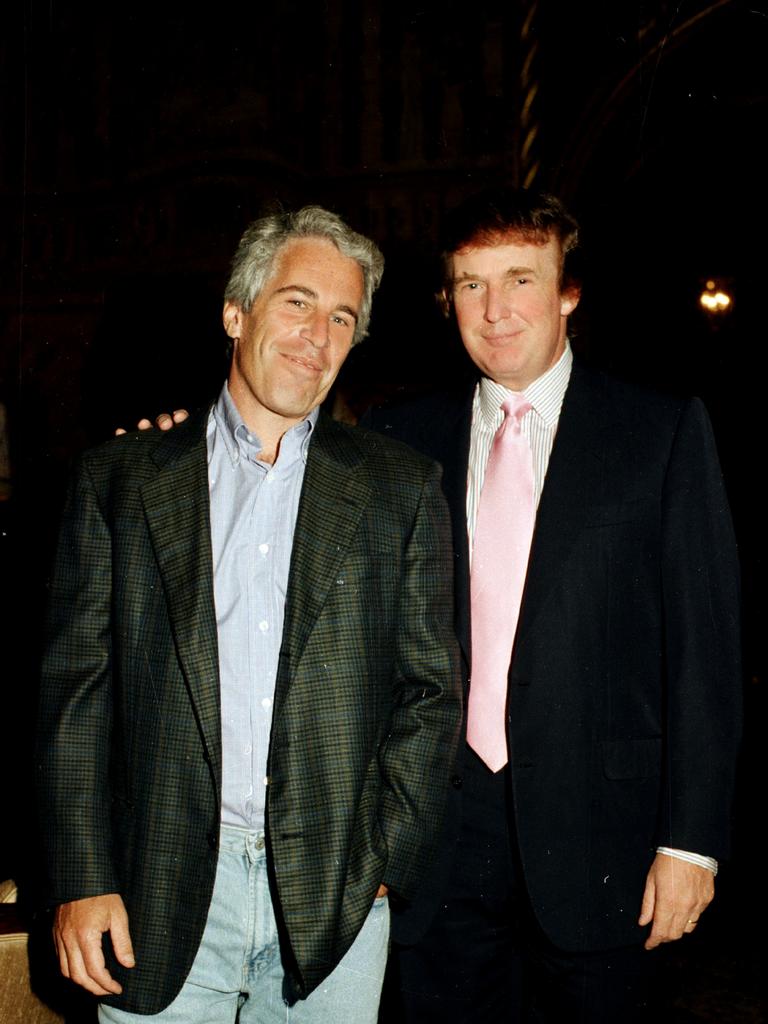
""“Secrecy is the sanctuary of the powerful. Until these files are opened, and the names exposed, there can be no justice—only the illusion of it.”
— Lisa Bloom, Victims’ Rights Attorney
Will the Epstein Files Ever Be Unsealed? What Comes Next?
As the Epstein case reenters the political spotlight, the path forward is mired in uncertainty—and deliberate obstruction. The future of the Epstein files, the survivors’ pursuit of justice, and the credibility of the American legal system now rest in a highly politicized and deeply compromised environment.
🗂️ The Files That Still Remain Sealed
While some documents were released in 2024—including civil depositions, flight logs, and emails—significant portions of Epstein’s criminal network remain hidden behind legal and executive barriers. These include:
-
Flight manifests from 1998–2005
-
Financial records showing fund transfers to political operatives and foreign entities
-
Unredacted victim testimonies
-
Private communications between Epstein and high-profile individuals
-
FBI and CIA intelligence briefings on Epstein’s suspected blackmail operations
Many of these documents were scheduled for release under the Federal Records Act, but Trump’s Justice Department has now delayed or paused their review, citing "ongoing national security risks."
Legal experts argue this rationale is flimsy at best. Former federal prosecutor Glenn Kirschner noted:
“The public interest in transparency here outweighs any vague claim of risk. These delays are strategic, not legal.”
🧑⚖️ Will Congress Act?
Several Democratic lawmakers and a few moderate Republicans have introduced legislation to force the unsealing of Epstein-related documents, including the “Victims’ Right to Truth and Justice Act.” But the bill faces a stonewall in the Republican-controlled House, where Trump loyalists have labeled it a “partisan stunt.”
Without bipartisan pressure—or judicial intervention—it is unlikely that the files will be unsealed during Trump’s presidency.
🔎 Are New Investigations Likely?
The Southern District of New York (SDNY), where Epstein was initially charged in 2019, has quietly reopened several related investigations. Sources indicate that:
-
Two previously unknown victims have come forward in early 2025
-
There is a sealed subpoena against a former Epstein associate with direct ties to Mar-a-Lago
-
Grand jury discussions have resumed regarding perjury and obstruction charges from past testimonies
Still, the SDNY faces unprecedented political interference. Trump has reportedly appointed new loyalists in DOJ leadership who are “reviewing priorities.”
In short: investigations may exist, but they’re being quietly choked.
🧨 Could a Leak Be Next?
With public frustration reaching new highs and whistleblowers already signaling internal dissent, some analysts believe the next major development won’t be legal—it will be a leak.
A single document dump—an unredacted witness list, for example—could reignite the case on a global scale. The parallels with the Panama Papers and WikiLeaks are obvious, and digital activist groups are already calling for “complete exposure.”
⚖️ For the Survivors—Time Is Running Out
Many victims are aging. Their trauma continues, while the system drags. Lawsuits are ongoing, but settlements have silenced some of the most explosive details.
If justice is not delivered soon, it may never be delivered at all.

Why This Isn’t Just a Scandal, But a Test of Democracy Itself
This is no longer just about Jeffrey Epstein.
What we’re witnessing is a systemic failure—one that spans both political parties, multiple administrations, elite law firms, intelligence agencies, and the media ecosystem. The Epstein files are the X-ray of American corruption: an image of how far power can stretch to protect itself.
🧠 This Isn’t Conspiracy—It’s Strategy
President Donald Trump’s aggressive deflection—attacking Obama, Clinton, and “deep state operatives”—isn’t the ranting of a man on the ropes. It’s the maneuvering of a president who understands how to control the national conversation. He’s leveraging America’s partisan divide, weaponizing old political rivalries to obscure his own vulnerabilities.
This strategy relies on a simple bet: that the public will get distracted before the truth can catch up.
🧱 Institutions Are Cracking
The Department of Justice is paralyzed by political appointees. The FBI’s credibility is bruised from past failures. Congress is gridlocked. And the mainstream media—cautious, fearful of lawsuits, and reliant on access—has tiptoed around this story for years.
In that vacuum, independent journalists, legal advocates, and survivors have become the new vanguard of justice.
🧭 The Global Implications
This scandal doesn’t stop at America’s borders. Epstein’s network operated internationally, with ties to Saudi businessmen, Israeli intelligence operatives, British royalty, and European financiers. The failure of the U.S. to hold its own elite accountable sends a chilling message to the world:
In America, justice is conditional.
If you're rich enough, connected enough, or powerful enough—you don’t answer to the law. The law answers to you.
🗽 The Real Question
The Epstein files represent more than a criminal case. They are a litmus test for democracy. If America cannot unseal these records, confront the truth, and hold even its president accountable, then what remains of the system is only performance—a theater of accountability without consequences.
And the next predator, shielded by status and silence, is already watching.
